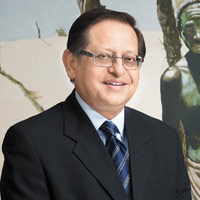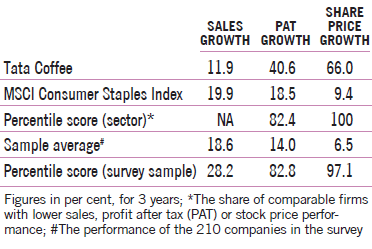There’s so much more to a coffee trail as we discover in this quick getaway to the hills of Kodagu…
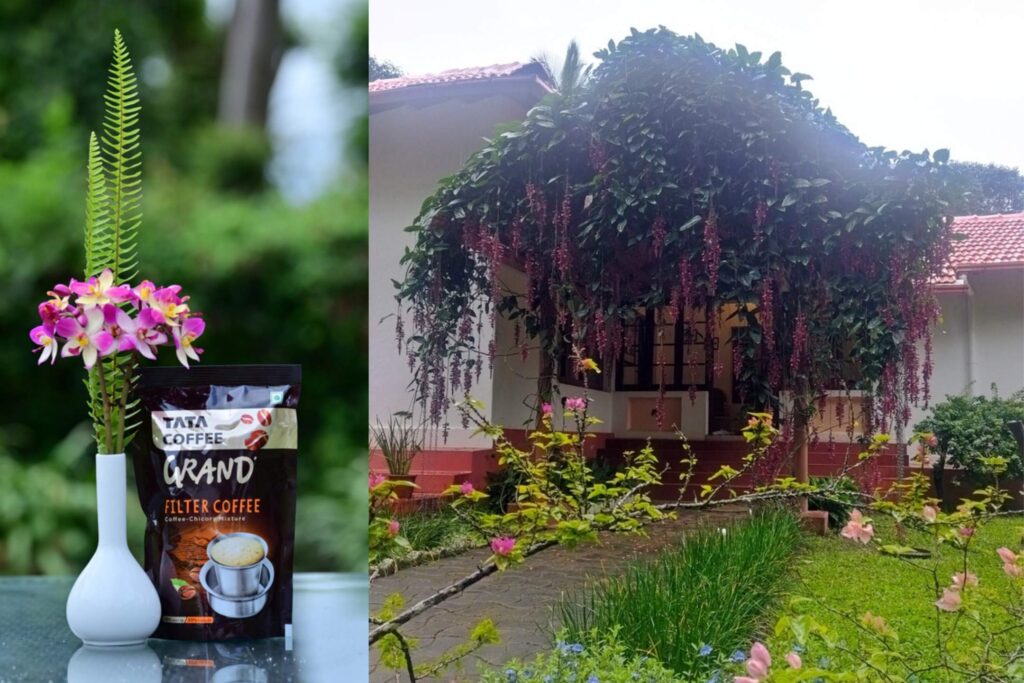
Coffee was the mood that reigned in the last few weeks — what with the World Coffee Conference & Expo 2023 that just concluded in Bengaluru and World Coffee Day or International Coffee Day observed on October 1 — the cuppa was everywhere and we coffee-holics weren’t complaining one bit! This was also the perfect time for us to head to Coorg or Kodagu — the hill-station where the commercial story of coffee in India began.
Know-it-alls will now feel the need to correct us and say coffee was first cultivated in the nearby Chikkamagaluru district and how Baba Budan Giri was where it all began and we will fully agree; Coorg, however was where commercial plantations began and that is why even today, South Indian coffee is synonymous with this district — that is the proud homeland of the Kodava or Coorgi people.
Now, most trips to this cool elevated coffee country would take the preferred route through the capital, Madikeri or Mercara, and would involve a mandatory visit to a coffee plantation, a processing plant and maybe, some shopping along the way. We, however, decided to go deeper into this verdant paradise — to the Pollibetta area — home to several of the Tata-owned coffee plantations in Karnataka.
We were there for a curated experience at the estates and also to check out the plethora of offerings under (Tata Consumer Products Limited) TCPL’s branded coffee portfolio like Tata Coffee Grand, Tata Coffee Gold and Tata Coffee Quick Filter. Puneet Das (president, packaged beverages, India & South Asia, TCPL) introduced us to several of the new formats including the delectable chukku coffee decoction variants that we are sure will take over the market very soon.
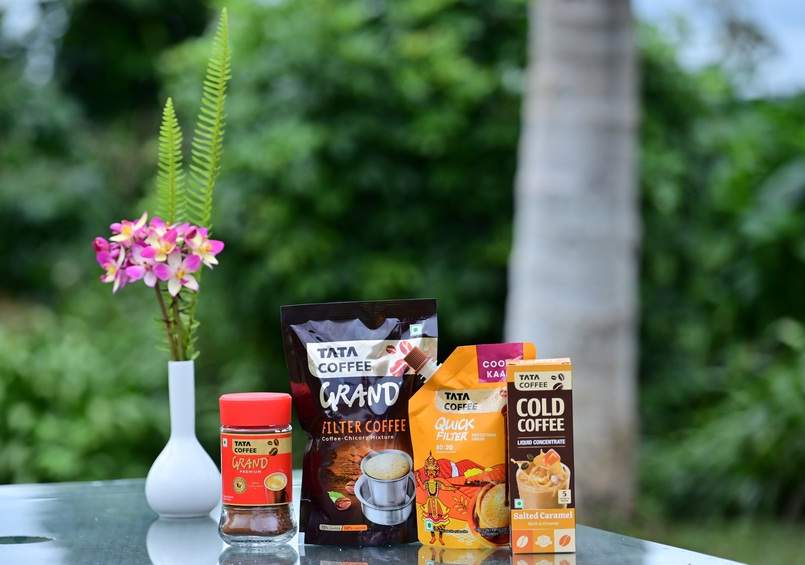
Our stay, however, was organised at one of the many bungalows strewn across these estates that are now a part of the Ama Plantation Trails. One of the newest product offerings from Indian Hotels Company Limited (IHCL). Ama Trails and Stays, a group of heritage bungalows, guesthouses and homestays at unique locations across the country are meant for the curious and adventurous at heart who also have a penchant for old-world luxury.
We were assigned the Surgi Bungalow, a 40-year-old property in its current avatar, but probably around 150-years old, that is just across the road from Tata Coffee’s picturesque nine-hole golf course in Pollibetta. Perfect for a group of six, the bungalow’s three bedrooms can occupy two individuals each, thus making it a comfortable stay for a family or group of six.
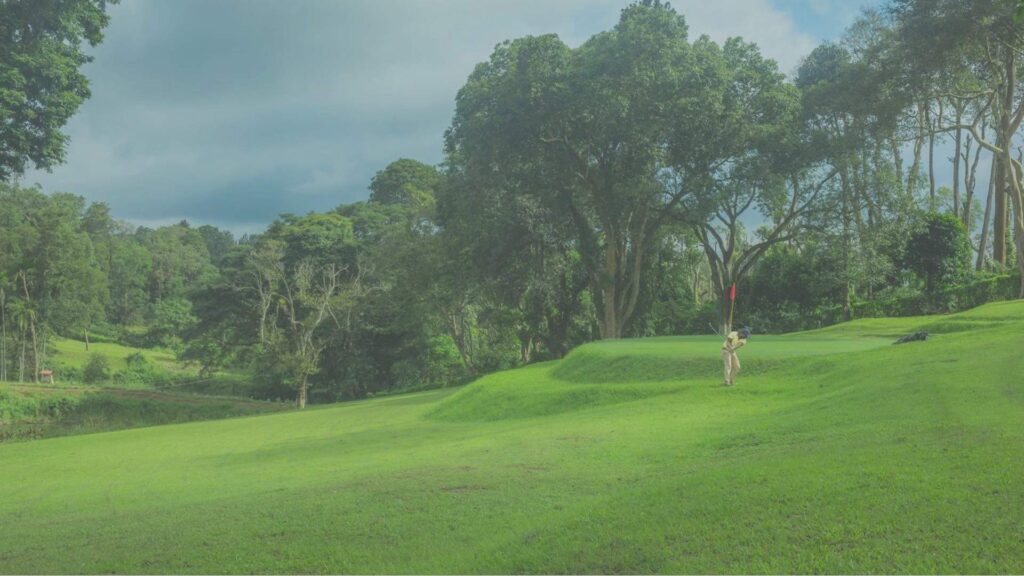
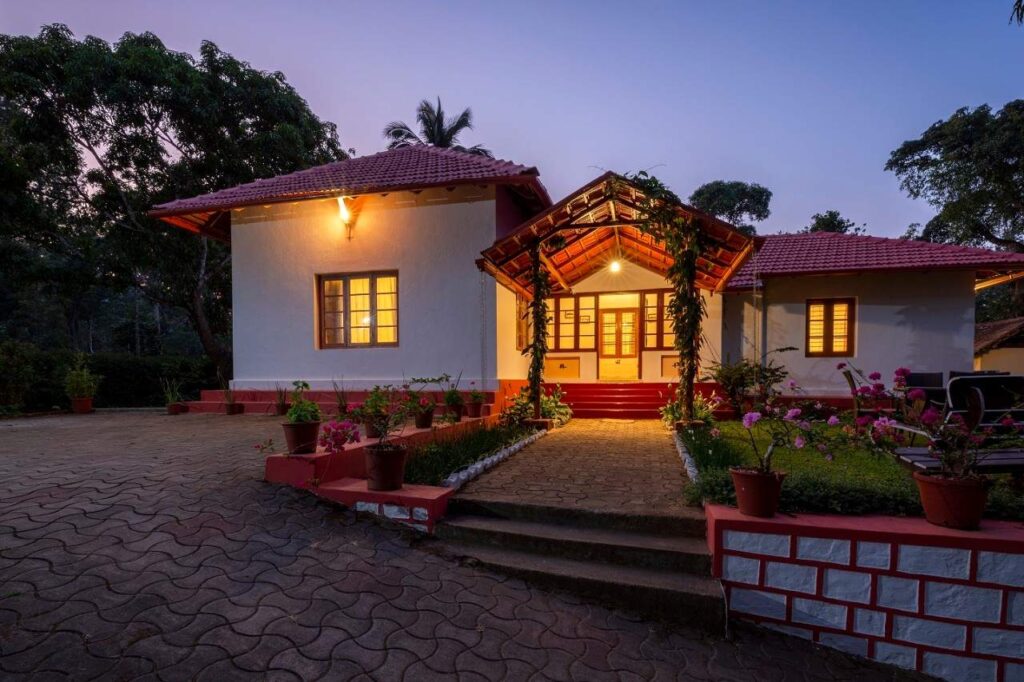
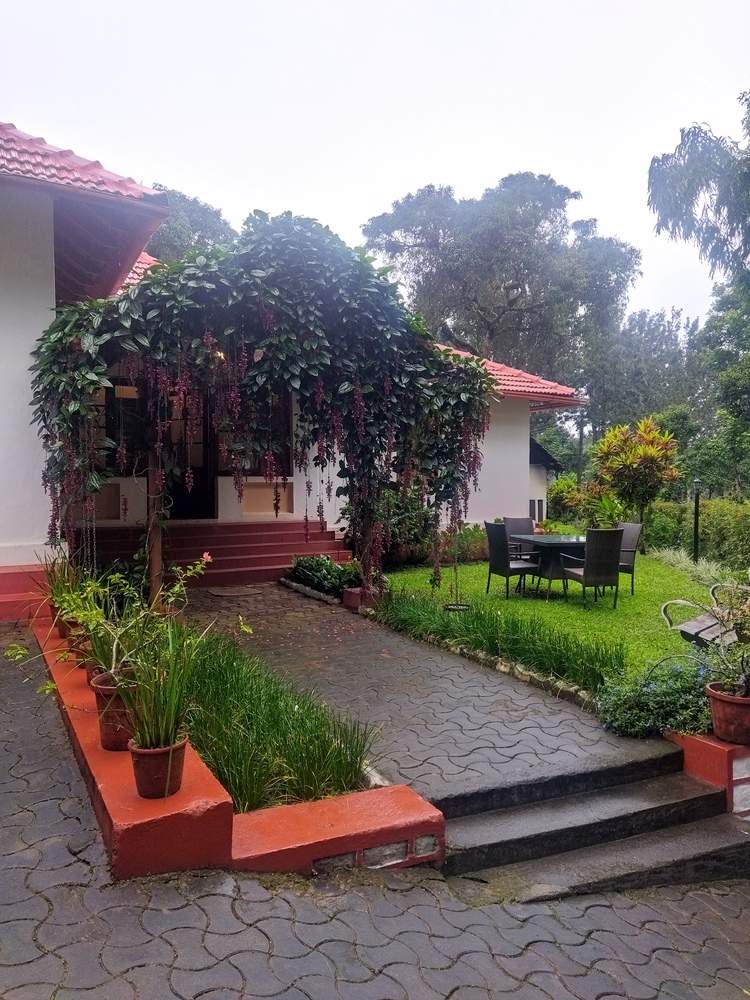
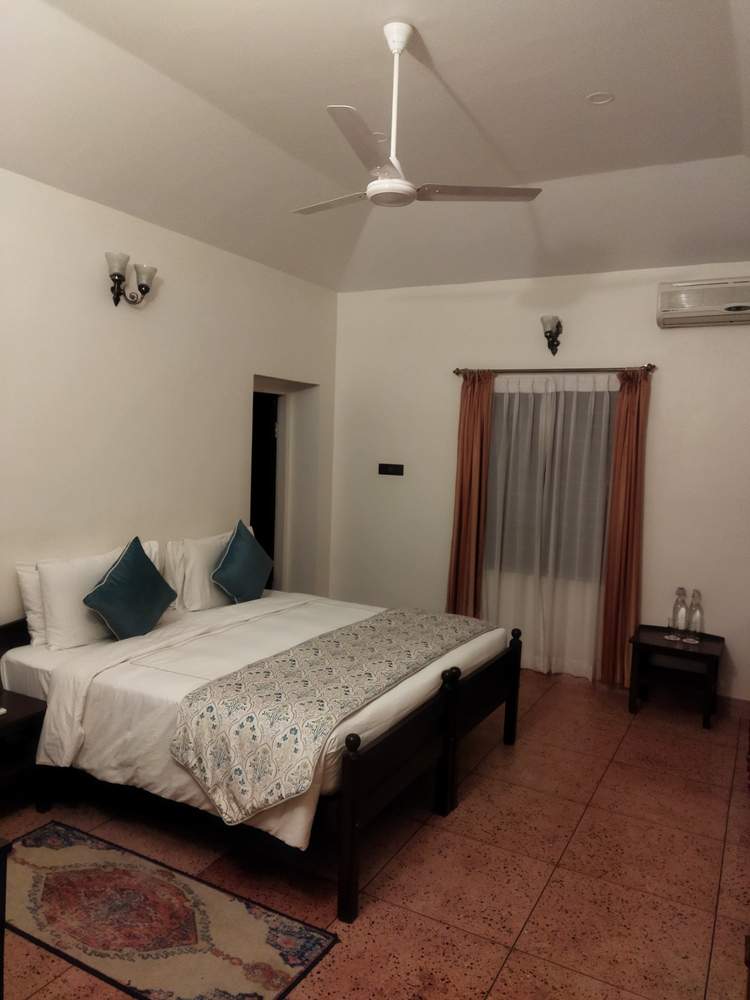
Food is cooked in the bungalow and is catered to by IHCL, so expect high quality and standards, as well as a menu that can be altered for even the fussiest of eaters. We were welcomed that evening with hot cups of jaggery coffee, aloo bondas and an assortment of bajjis and pakodas — perfect eats for the now dropping mercury as the evening chill set in. Dinner was served almost immediately after and was a surprisingly large spread.
It didn’t take much of an effort to head to bed early that night. Cold weather and full tummies make the best combination for peaceful sleep and the next thing we remember was it was 6 am and our alarms had gone off simultaneously — quite the cacophony to be honest, especially when you’re in an environment so quiet, you can probably hear the squirrels, up in the trees, breathe.
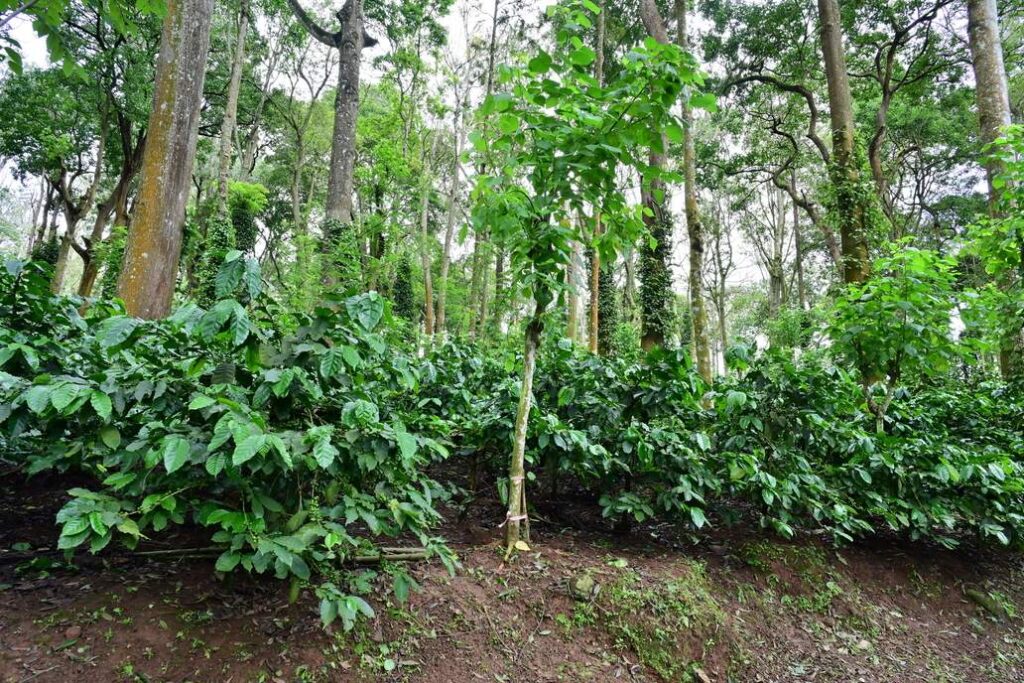
We chugged down mug-fulls of Tata Coffee Grand and headed out for an estate walk that lasted for over two hours. Picking ripe avocados and smelling a gazillion flowers along the way, this is the perfect time to discover these plantations and estates on foot. The air still has a chill and the humidity of the afternoon is far away. There’s also a sense of childlike amusement with the symphony of bird-calls and animal chitterings that give you quite the jocund company throughout the walk.
Building up quite the appetite, breakfast was an elaborate affair and thankfully so. Post breakfast, we advise you to do what we did — relax in the well-kempt gardens, read a book or take a quick snooze. Checkout is only at 12 noon and so you have quite a few hours to make the most of this romantic bungalow experience. You could also ask for a guided estate visit, where you will learn the A to Z of coffee growing and lots more. Coffee tastings can also be organised.
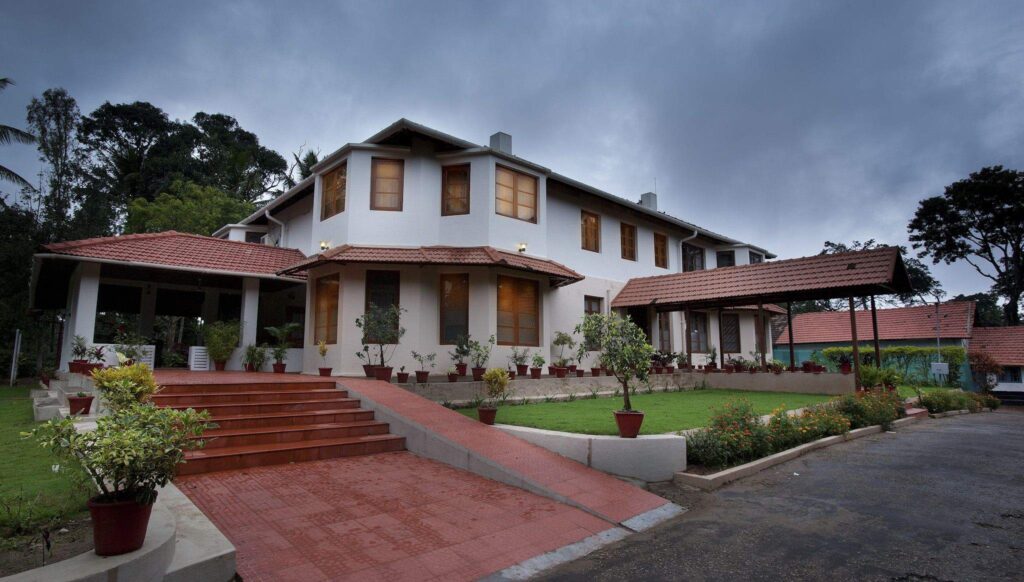
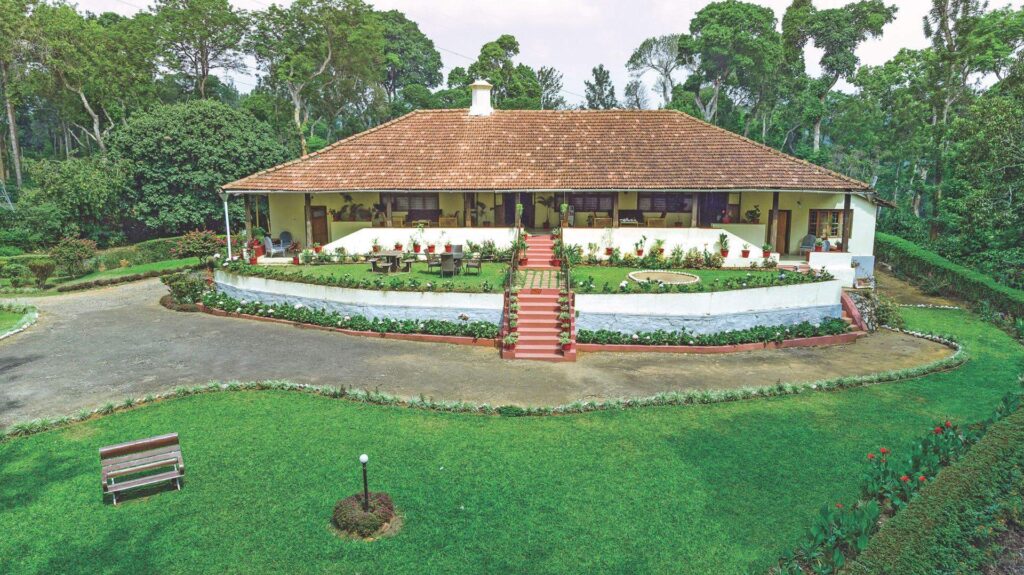
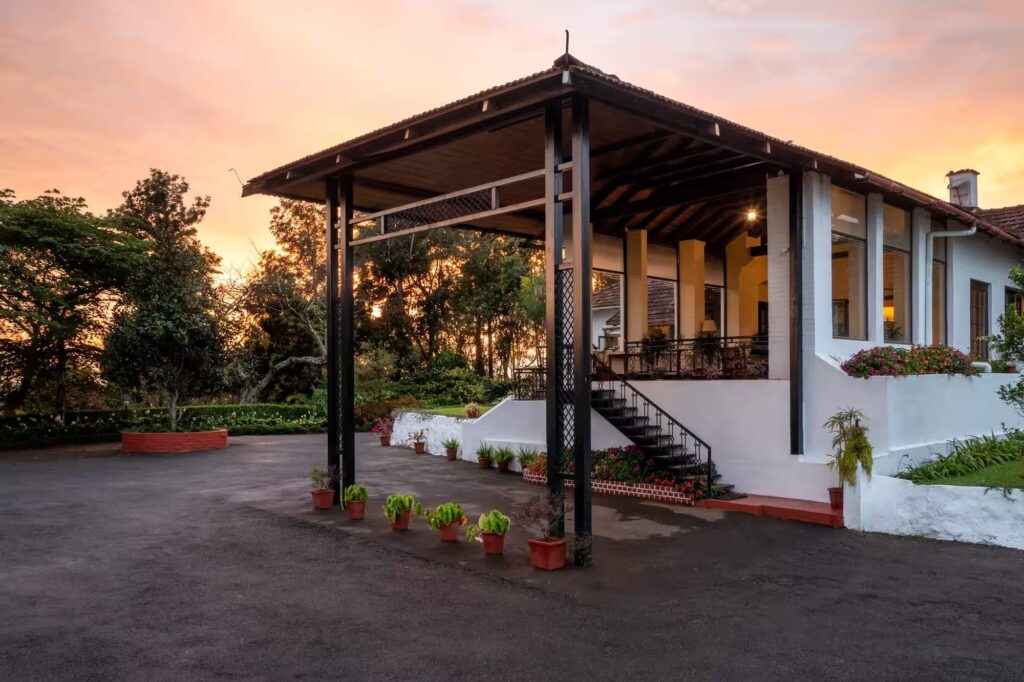
Perfect for family getaways or for that gang of friends who like the leisurely life, the Ama Trails and Stays offer several other bungalow stay options here, including but not limited to Taneerhulla Bungalow & Cottage, Woshully Bungalow, Cottabetta Bungalow and Polibetta Bungalow.
INR 28,000 onwards. Nearest railhead and airhead: Mysuru. Five hour drive from Bengaluru and three hour drive from Mysuru.
Email: romal@newindianexpress.com
X: @elromal
source: http://www.indulgexpress.com / The New Indian Express, INDULGE / Home> Travel / by Romal Laisram / October 05th, 2023
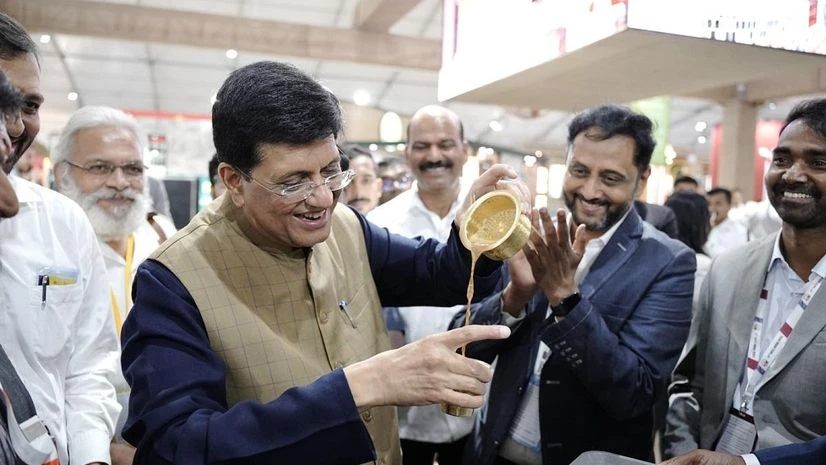)
